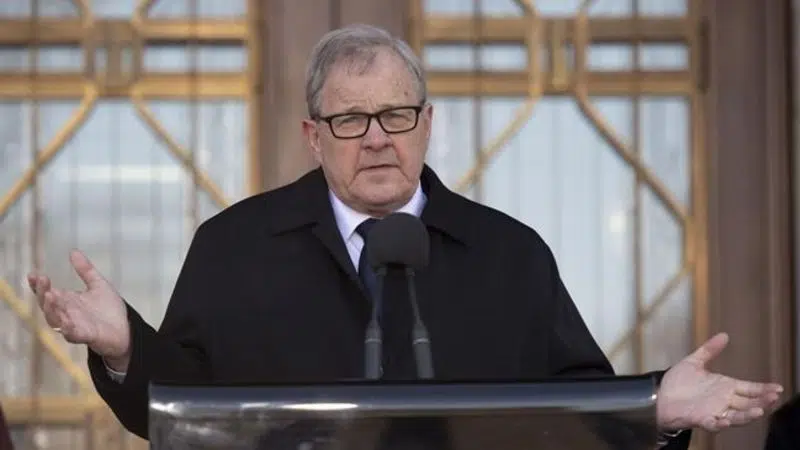
MacAulay faces tough task repairing relations with angry veterans’ community
OTTAWA — When he was named Friday as Canada’s latest minister of veterans affairs, Lawrence MacAulay was given the difficult task of sweetening the Trudeau government’s relations with embittered veterans and selling the Liberals’ controversial pension plan for those injured in uniform.
MacAulay’s move to veterans affairs from the Agriculture Department, where he had been for the past three years, was part of a mini-cabinet shuffle prompted by Jody Wilson-Raybould’s sudden resignation from the portfolio after only a few weeks in the job.
The move comes at a critical time for veterans and the Liberals, who enjoyed strong support from former service members in the last election but are now facing widespread anger and frustration from the community ahead of this year’s vote.



